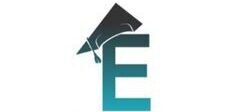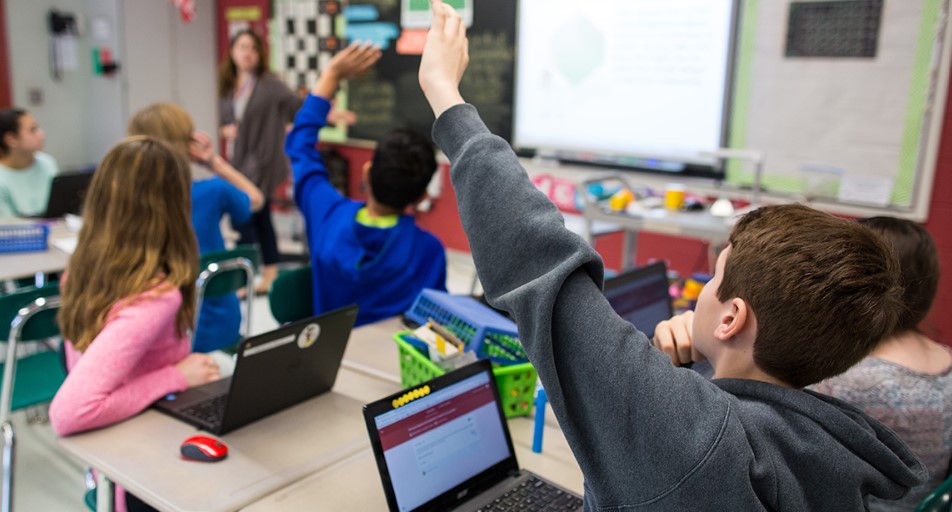If you think that textbooks have become old-fashioned, think again. They continue to be a primary crucial source of information and knowledge for students even in the modern age. Textbooks can be used to supplement classroom discussions and activities, as well as to provide students with additional resources for further exploration of a topic.
With the advent of digital textbooks, modern classrooms have also seen an increase in interactive and multimedia content, allowing for a more engaging and immersive learning experience. Despite the growing availability of online resources, open and Free Textbooks continue to be an essential tool for teaching and learning in modern classrooms.
Role of Textbooks in Education
Textbooks play a vital role in education by serving as a primary source of learning material for students. They are carefully crafted to provide a structured and organized approach to learning, with the aim of ensuring that students receive comprehensive coverage of a particular subject.
Textbooks are an essential resource for teachers, who rely on them to plan lessons and assess students’ progress. They also provide students with a reference point for the concepts and ideas covered in class, helping them to develop a deep understanding of the material.
Additionally, textbooks can provide students with a broad range of information that may not be easily accessible through other sources, such as the Internet. Overall, textbooks are a critical component of education, providing students with a solid foundation of knowledge and skills that they can build upon throughout their academic and professional careers.
How Do Textbooks Benefit Our Education
Textbooks provide numerous benefits to our education by offering students a thorough and structured approach to learning. They provide comprehensive coverage of a particular subject, making it easier for students to grasp complex concepts and ideas. With a well-organized and logical structure, textbooks guide students through the material and help them to identify and remember key points.
Textbooks are also a consistent and reliable source of information, as they are written by experts and undergo rigorous editing and review processes. In addition, textbooks provide students with a broad range of information that may not be easily accessible through other sources, such as online resources or lecture notes.
What are the Different Types of Textbooks
Different types of textbooks are designed to meet the specific needs of different learners. Some of the common types of textbooks are:
Basic textbooks: These textbooks provide an introduction to a particular subject or topic and are often used in introductory courses. They provide a comprehensive overview of the subject and are designed to be accessible to students who may have little or no prior knowledge of the subject.
Reference textbooks: These textbooks are used for research and provide an in-depth analysis of a particular topic or subject. They are often used by advanced students or professionals who require detailed information on a specific area of study.
Workbooks: Workbooks are designed to provide students with practice exercises and activities to reinforce the material covered in the textbook. They often include quizzes, puzzles, and other interactive elements to help students learn and retain the information.
Digital textbooks: With the increasing use of technology in education, digital textbooks have become popular. They are often available in e-book or interactive formats and may include multimedia elements such as videos, animations, and interactive quizzes.
Specialized textbooks: Specialized textbooks are designed for specific courses or programs and focus on a particular area of study, such as law, medicine, or engineering.
Overall, textbooks are an important tool in education and serve a variety of purposes, from introducing students to a subject to providing advanced research material.
Which websites offer free textbooks?
There are several websites that offer free textbooks. Here are some of the most popular ones:
Open Textbook Library: Open Textbook Library is a collection of peer-reviewed textbooks in various subjects, including arts, humanities, science, and social sciences. The textbooks are created by experts and are designed to be accessible and affordable for students. Open Textbook Library textbooks are available for free online and can be downloaded in various formats, including PDF, EPUB, and HTML.
Project Gutenberg: Project Gutenberg is a volunteer-run website that offers over 60,000 free e-books, including textbooks, in various languages. The website’s mission is to digitize and archive cultural works for free public access. Project Gutenberg’s e-books are available in various formats, including EPUB, Kindle, HTML, and plain text.
Conclusion
Textbooks can be a terrific tool for students to achieve their desired learning outcomes if they want a more personalized experience with their course material. The above websites can help you get free textbooks for your course or for self-directed learning. However, it’s important to note that while these websites offer free textbooks, they may not have every textbook you need for your course or program.




